Keywords: Anti-Poverty Week
-
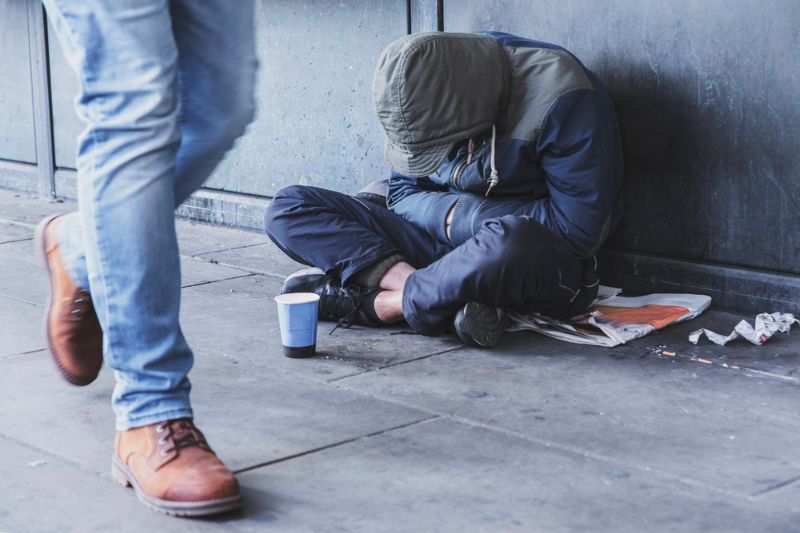
AUSTRALIA
- Joe Zabar
- 08 October 2024
2 Comments
Despite affecting millions, systemic and event-driven poverty is rarely discussed by politicians. In a nation facing growing economic uncertainty, can we afford to continue overlooking those most vulnerable to financial and social hardship?
READ MORE
-
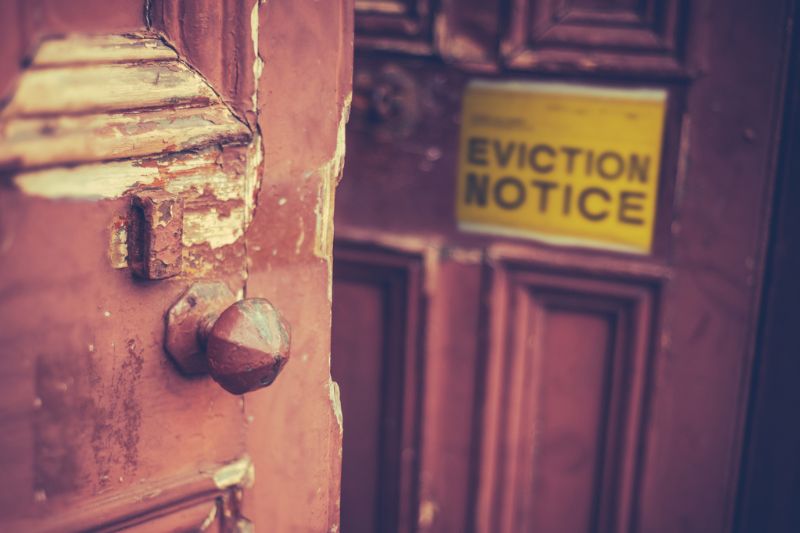
AUSTRALIA
- Mark Gaetani
- 12 October 2023
3 Comments
Beneath the facade of Australian prosperity lies a hidden country where over three million citizens, including a staggering 761,000 children, grapple daily with the hard choices that come with poverty. With an urgent need for reform, what policy shifts could bring about the transformation this nation needs?
READ MORE
-
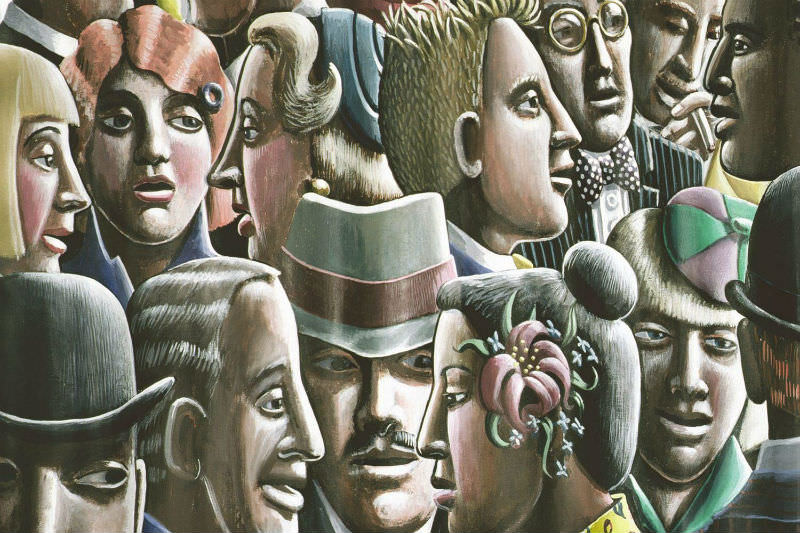
AUSTRALIA
- Daniel Sleiman
- 17 October 2019
9 Comments
Adam Smith wrote 'no society can surely be flourishing and happy, of which the far greater part of the members are poor and miserable'. Poverty and inequality lead to non-participation in work and inhibit social mobility, which negatively affects economic growth. The concentration of economic power is bad for democracy.
READ MORE 
-
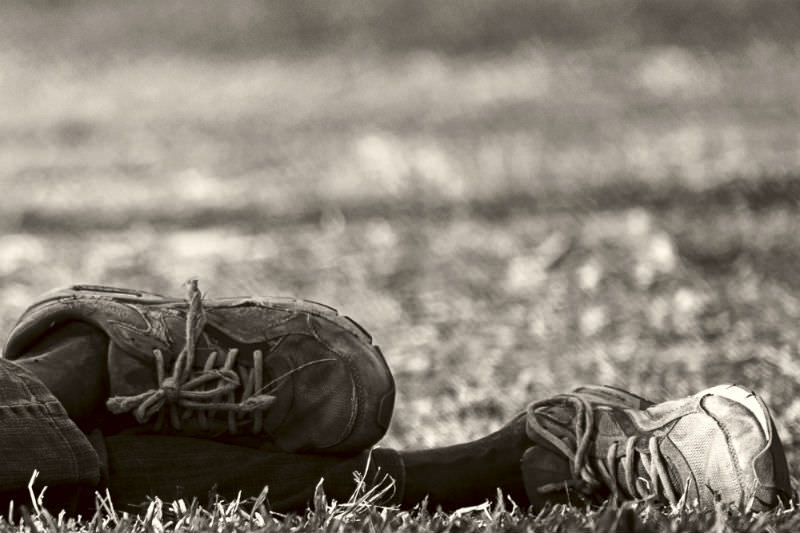
RELIGION
- Barry Gittins
- 11 October 2019
16 Comments
If our PM's theological name dropping rings true, his life is guided by the life and teaching of Jesus Christ. That unemployed Jewish tradie turned rabble rouser made this apocalyptic observation: 'Woe to you who are rich, for you have received your consolation.' Yet it remains a vote winner, this business of punishing poor people for being poor.
READ MORE 
-
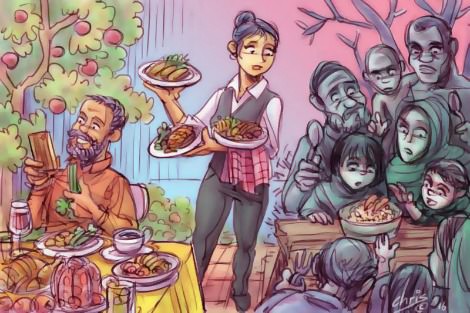
AUSTRALIA
- Julie Edwards
- 17 October 2016
17 Comments
One of the most misused passages of Christian scripture tells us we shall always have the poor with us. It is often repeated by those who are not poor in order to dismiss any project that involves public expenditure or private generosity to people who are poor. When we do not focus on the good or bad conscience of the observer but on the lives of the people who are poor, we can see that the statement is not a justification for a modern society that allows people to live in poverty. It is an indictment.
READ MORE 
-
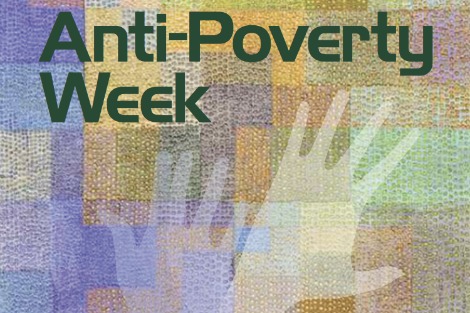
AUSTRALIA
- Andrew Hamilton
- 15 October 2015
23 Comments
The image of the body of Aylan Kurdi cradled in the arms of a Turkish soldier jarred with our sense that poverty is simply the deprivation of material goods — there is no greater poverty than death, and no greater deprivation than that of a child stripped of life. Francis speaks powerfully of the need to address poverty. He insists that the church must move out of its comfortable centre to the margins where the poor live. To address poverty we must know people who live in poverty as our brothers and sisters.
READ MORE 
-
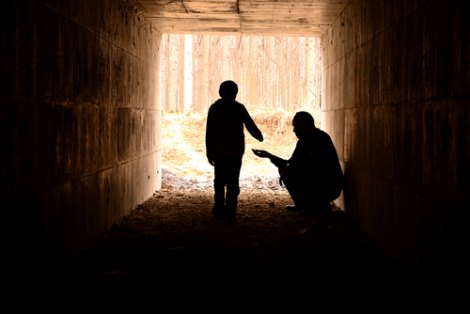
AUSTRALIA
- Andrew Hamilton
- 16 October 2014
19 Comments
Ultimately people will be prepared to accept responsibility for those who are poor only if they know them as persons and not as media fodder. If we do not have some personal acquaintance with the lives of people who are disadvantaged we shall come to see them as an abstraction or a problem to be solved.
READ MORE 
-
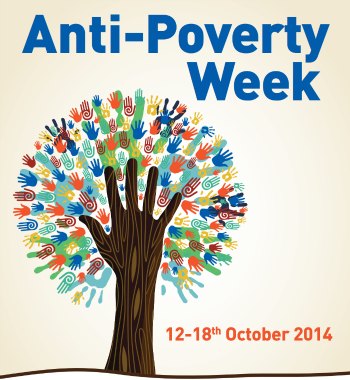
AUSTRALIA
- John Falzon
- 13 October 2014
35 Comments
During Anti-Poverty Week we're asked to take the side of the people who are made to feel like they are nothing. We join those of us who believe in working towards the kind of society where vulnerability is respectfully shared and supported rather than brutally exploited. We believe that humanity will win against humiliation.
READ MORE 
-

AUSTRALIA
- John Falzon
- 17 December 2013
13 Comments
Recently Pope Francis blasted the so-called trickle-down economic theories in his apostolic exhortation Evangelii Gaudium. Some will scorn his message as naive at best and dangerous at worst, while others will regard it as an urgent enkindling of hope in the face of degradation and despair. The Christmas story hints that another kind of world is possible.
READ MORE
-

RELIGION
- Andrew Hamilton
- 17 October 2013
2 Comments
The proper starting point for reflecting on poverty must be the lives of people who are poor. Like other human beings, people who live in poverty are defined by their relationships with family, friends, to home, to food and shelter, neighbourhood, to school, to work, to play and to society. Their poverty limits their opportunity to build these relationships.
READ MORE 
-

AUSTRALIA
- Megan Graham
- 16 October 2013
10 Comments
Christian activist and author Shane Claiborne wrote that the real tragedy of poverty is not that we do not care about the poor, but that we do not know the poor. As my memories of particular brushes with people living in poverty fade, feelings of empathy begin to lose their potency; a natural attrition when their reality, so distant from my own, is so lost among the 'First World Problems' of my inner city life.
READ MORE 
-

AUSTRALIA
- Cec Shevels
- 15 October 2013
7 Comments
In the 2006 Census, the number of homeless exceeded 100,000 for the first time. Kevin Rudd described this as a national disgrace and promised to cut the number in half by 2020. His Labor Government did make some progress — there was a fall in the number of rough sleepers and there was a welcome reduction in homelessness among Aboriginal people. Yet by 2011, the homeless numbers had risen again.
READ MORE 